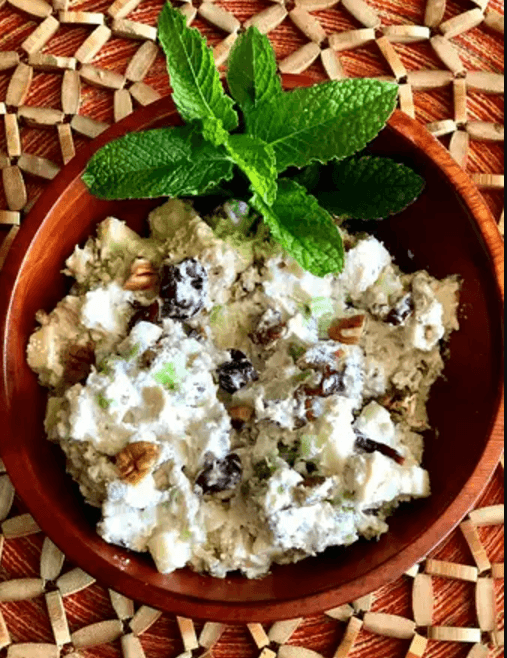Choosing and preparing healthy chicken is crucial for anyone looking to maintain a balanced and nutritious diet. This guide will provide comprehensive insights into selecting the best types of chicken, understanding their nutritional benefits, and exploring the healthiest cooking methods.
Understanding Healthy Chicken Options
Types of Chicken: Organic, Free-Range, and Pasture-Raised
Choosing the right type of chicken is essential for both health and sustainability:
- Organic Chicken: These chickens are raised without synthetic hormones or antibiotics and consume organic feed. Such conditions not only make the chicken healthier but also support sustainable agricultural practices.
- Free-Range Chicken: These chickens have outdoor access, which allows for a more natural lifestyle and potentially more flavorful meat. However, since standards can vary, it’s crucial to read labels carefully.
- Pasture-Raised Chicken: These chickens enjoy the most natural conditions, freely roaming and foraging in pastures. This lifestyle typically results in meat that is richer in omega-3 fatty acids and lower in fat.
Nutritional Value of Chicken
Chicken is a fantastic source of lean protein and is rich in various essential nutrients which are vital for health:
- Protein: Essential for muscle repair and growth, making chicken a popular choice among athletes and those involved in physical activities.
- Vitamins: Chicken is a significant source of B vitamins like B6 and B12, which are essential for energy production and creating red blood cells.
- Minerals: Rich in minerals such as selenium and phosphorus, chicken helps support thyroid function and bone health.
Purchasing and Preparing Healthy Chicken
How to Choose the Best Chicken at the Store
Choosing the best chicken involves more than picking any pack off the shelf:
- Read Labels Carefully: Understanding terms like air-chilled, no antibiotics ever, and organic can help you make informed decisions about the quality and type of chicken you buy.
- Check Freshness: Fresh chicken should have a pinkish hue and firm texture, and it should not have a strong odor.
Cooking Methods and Their Impact on Health
The cooking method you choose can greatly affect the health benefits of chicken:
- Prefer Healthy Cooking Techniques: Opt for roasting, baking, or grilling, as these methods do not require much fat and help preserve the natural flavors and nutrients of the chicken.
- Avoid Unhealthy Practices: Limit frying and the use of heavy breading, which can add unnecessary fats and calories.
Healthy Chicken Recipes
Here are some healthy recipes to incorporate chicken into your diet:
- Baked Lemon Herb Chicken: Marinate chicken in lemon and herbs, then bake it for a flavorful, low-fat dish.
- Grilled Chicken Salad: Serve grilled chicken over a bed of mixed greens with a vinaigrette for a light and healthy meal.
Frequently Asked Questions
- What is the healthiest cut of chicken? The breast is the leanest cut, ideal for low-fat diet plans.
- How should I store leftover chicken? Store it in an airtight container and refrigerate promptly.
- Can I freeze cooked chicken? Yes, cooked chicken can be frozen for up to four months, ideal for meal prepping.
This guide not only helps you understand how to select and prepare healthy chicken but also offers practical tips for integrating this nutritious protein into your meals efficiently. For more detailed information on cooking techniques and the benefits of different types of chicken, consider exploring further resources at reputable sites like USDA Organic Poultry Standards and EatRight.org.
OTHER ARTICLE ON NUTRIENRSRECIPES.COM

